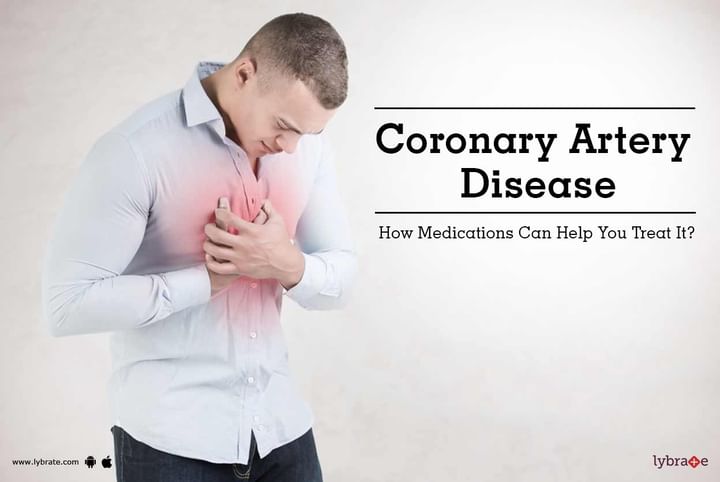Coronary Artery Disease - How Medications Can Help You Treat It?
Coronary artery disease is one of the major killer diseases of the modern society. It is not a solitary problem but brings with it a multitude of issues including obesity, diabetes, stroke, and other metabolic disorders. A thorough understanding of what causes it and how to manage it can help save thousands of lives.
Causes: The circulatory system is mainly made up of the heart and a complex network of arteries and veins. The inner walls of these are lined with smooth muscles, allowing for free flow of blood. Gradually, over a period of time, given the density, the fat from the blood flowing through these vessels settles along the walls of these vessels. This attracts more fat, lipoproteins, and other inflammatory cells and so the process continues. This reduces the diameter of the blood vessels, therefore reducing the amount of blood supply to the target organs. If the target organ is a vital one like the brain or the heart, then it could lead to stroke or heart attacks.
Main causes for coronary artery disease include high blood pressure, high cholesterol, sedentary lifestyle, obesity, smoking, diabetes, and stress. Men are more prone than women, and family history and age puts them at higher risk.
Symptoms: Reduced blood supply to the target organ causes the following symptoms:
-
Shortness of Breath: A person with coronary artery disease will feel short of breath and tired with most activities, even like walking a few meters.
-
Chest Pain: A strong pressure sensation on the left side of the chest is an indication of coronary artery disease. Known as angina, it comes with stress and goes away once the stress is removed. It could sometimes radiate to the shoulder, down the arm, or up into the jaw also. These are classical symptoms of angina or heart attack and is considered an emergency. Of note, this is often mistaken for indigestion.
-
Palpitations: A sensation where you are able to hear your heartbeat.
-
Nausea and Excessive Sweating: Nausea and excessive sweating are also seen during angina.
Treatment: There are 3 modes to manage this.
-
Medications:
-
Aspirin to reduce the viscosity of the blood.
-
Statin to control the cholesterol levels.
-
Beta blockers to control hypertension.
-
Nitroglycerin for temporary relief of angina pain.
-
-
Surgical Procedures: Surgical procedures including balloon angioplasty followed by placement of drug-eluting stents and coronary artery bypass surgery are done to manage more severe cases.
-
Lifestyle Change: Lifestyle changes including reduced fat consumption, decrease body weight, stop smoking, increased physical exercise, and reducing stress are highly important in preventing further damage.
Once suspected, coronary artery disease can be effectively managed and the extent of damage controlled using the above techniques.
In case you have a concern or query you can always consult an expert & get answers to your questions!



+1.svg)
